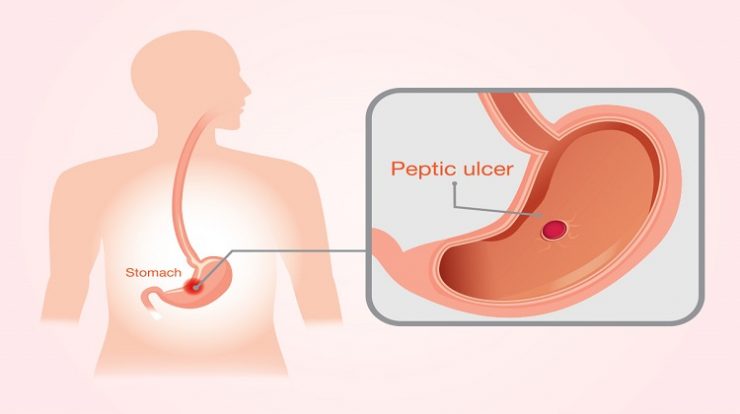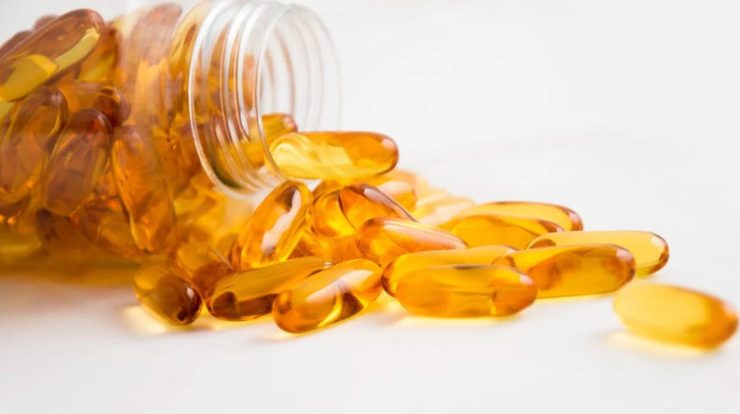
Peptic ulcers, or gastric ulcers, are open sores on the stomach lining. They usually occur in the upper intestine and can be painful. When the stomach lining protecting your stomach gets damaged by stomach acids, you can get ulcers. They can cause complications if you do not get treatment in time. If you are experiencing symptoms of a peptic ulcer, you should consult a doctor at Doctors Hospital.
Signs of peptic ulcer
Pain in the stomach is the most common symptom of a peptic ulcer. They can be hard to diagnose as many patients may not have any indicators. Symptoms of gastric ulcers include:
● Burning stomach ache
● Acid reflux
● Nausea
● Bloating or feeling full
● Dark stool
● Loss of appetite due to pain
Causes of peptic ulcers
Wear and tear to the stomach lining can lead to peptic ulcers. The stomach lining is a protective layer around the stomach that saves it from damage from digestive acids in the stomach. It can occur due to
● H. pylori bacteria infection
A stomach infection due to H.pylori bacteria is a common cause of peptic ulcers. The bacteria stick to the lining that protects the stomach and irritates it. It can result in inflammation and tear down the protective layer. The acids can infect the stomach, resulting in peptic ulcers. Many people across the globe have H.pylori bacteria, but it may not always cause complications. There is no exact reason why the bacteria is more destructive for some than others.
● Medications
Over-the-counter anti-inflammatory/pain relieving drugs known as NSAIDs can also result in peptic ulcers. These medications may wreak havoc on your stomach lining and lead to peptic ulcers. High and frequent doses of NSAIDs increase the risk of peptic ulcers. Be extra careful if you are above 70 or have a family history of ulcers.
Treatment of peptic ulcers
Peptic ulcers are not fatal, but if they do not get the proper treatment, they can lead to complications, such as internal bleeding and anemia. It is better to consult the Best Gastroenterologist in Lahore to seek treatment if you experience any signs of peptic ulcer.
Depending on the cause of the ulcer and the severity of the symptoms, your doctor will determine its treatment. If infection from H.pylori is the reason behind your ulcer, your doctor may prescribe antibiotics in addition to other medicines that can aid in protecting your stomach lining. The doctor may do an endoscopy to stop the bleeding in case of a bleeding ulcer. In severe cases, a doctor may recommend surgery when the ulcer injures the lining of your stomach.
Preventing peptic ulcers
It is necessary to be extra careful if you are at high risk of developing a peptic ulcer. Track the number of NSAIDs you take and reduce your usage if you rely on them regularly. Taking NSAIDs on an empty stomach can escalate the chances of stomach ulcers. Ensure that you take them after a meal to safeguard the lining of your stomach. Quitting smoking can also reduce the chances of peptic ulcers and may benefit your overall health.
You can protect yourself from peptic ulcers by boosting your immunity. Immunity-boosting foods, multivitamins, a healthy diet, and an active lifestyle can enhance your immunity. If the H.Pylori bacterial infection is causing your ulcer, you may not be aware until you have any symptoms. As some people may not have any symptoms of H.Pylori, ensure that you get tested in your annual checkup so that it does not do more damage.






